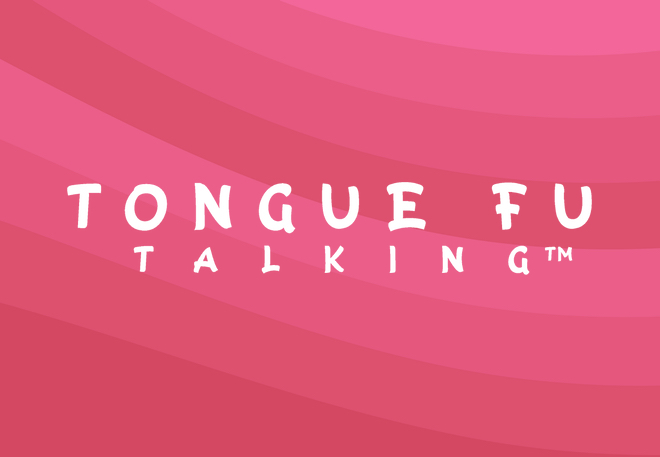
28th Jul 2025
Curriculum-based debates are a powerful classroom talk strategy, as they require both deep thinking and articulate expression. Within Tongue Fu Talking™, Chris Quigley's Oracy Framework, debates are built around two modes of talk: Explorer Mode–Talk for reasoning, discovery, and collaborative thinking, and Presenter Mode–Talk for structured, confident communication with an audience. These modes ensure that debates are not about winning arguments but about learning through talk, linking oracy directly to disciplinary knowledge and metacognitive strategies. Here, we show how our 480 curriculum-based debates across our four belt levels build both oracy and subject understanding.







